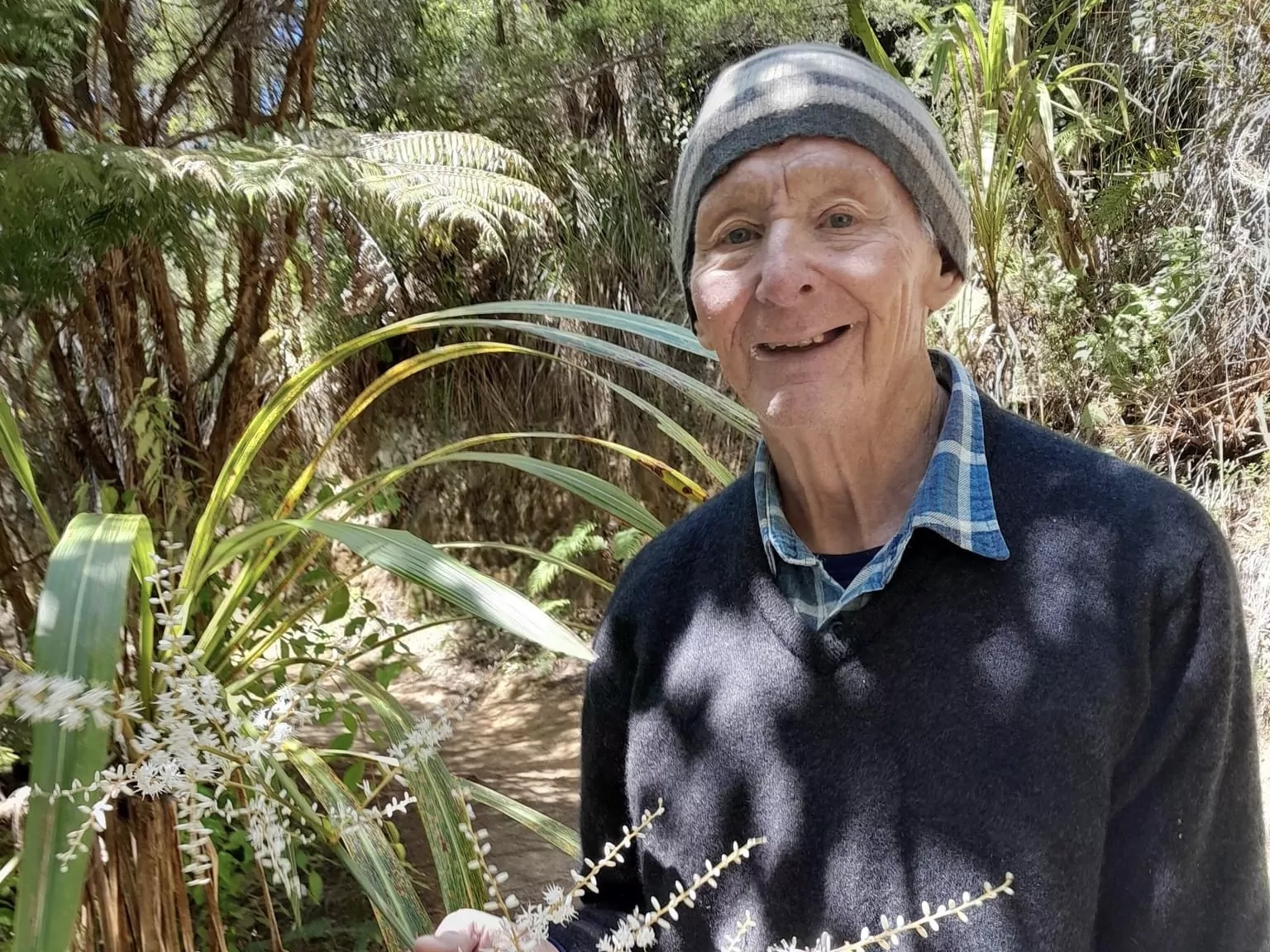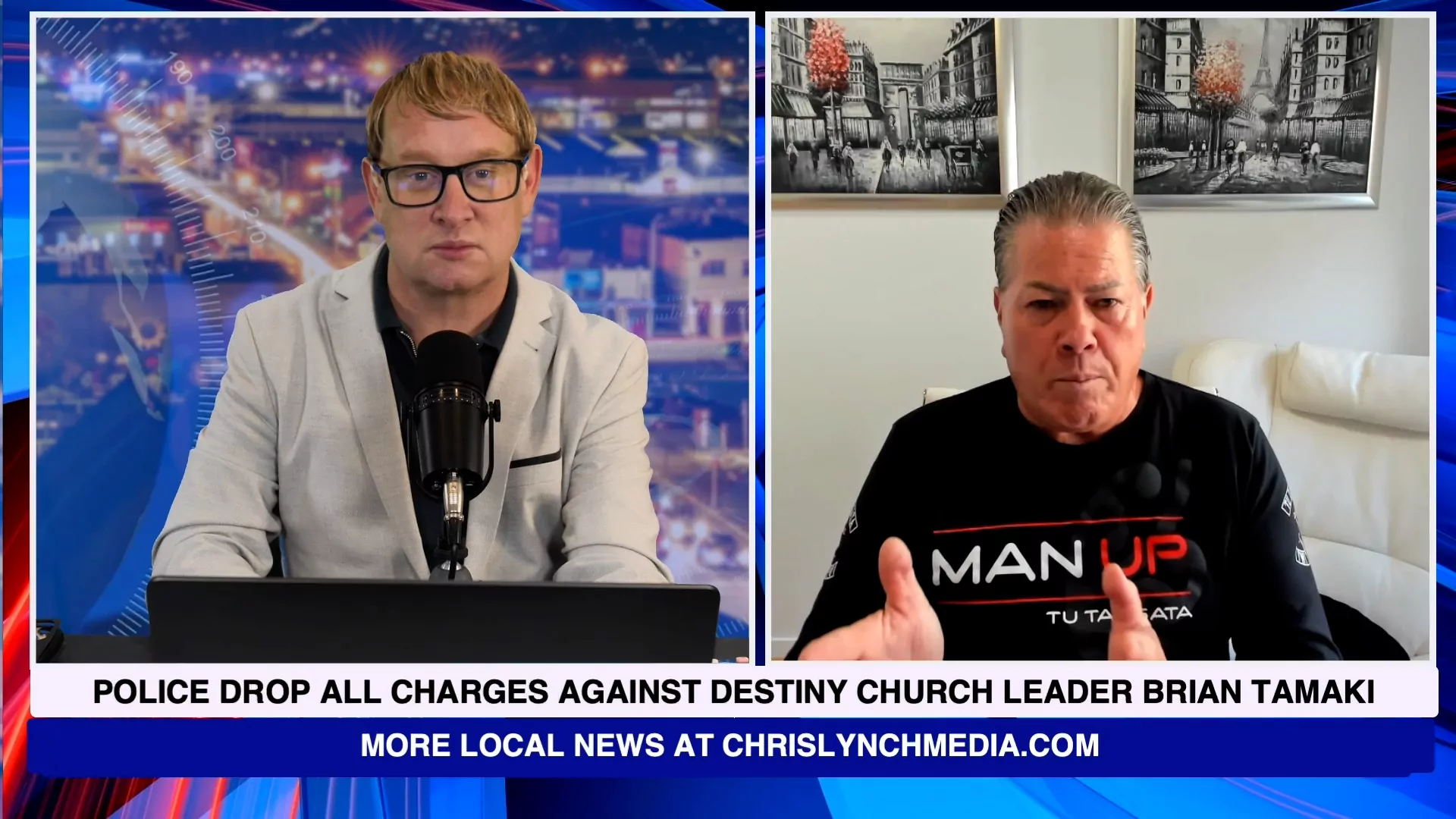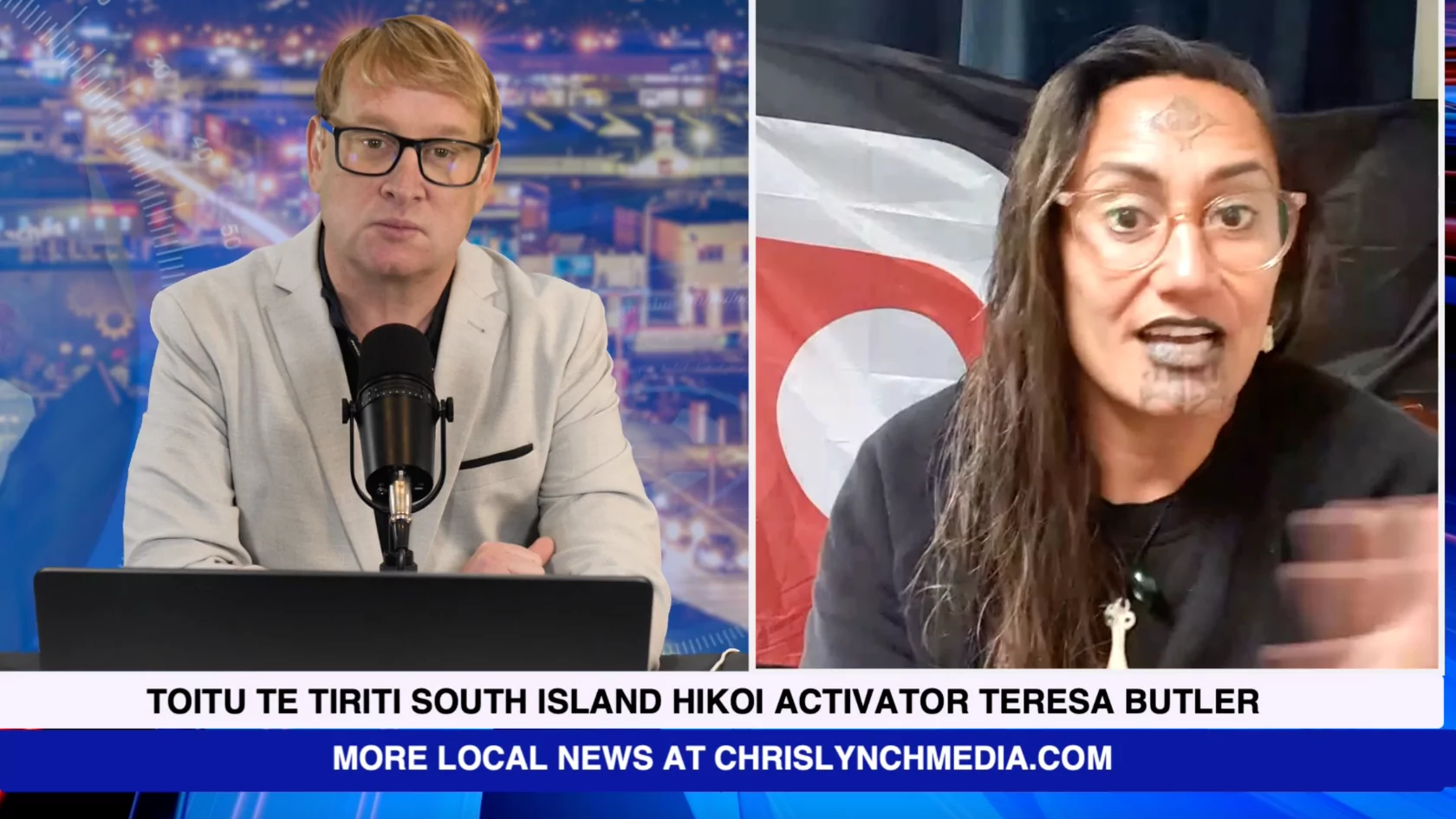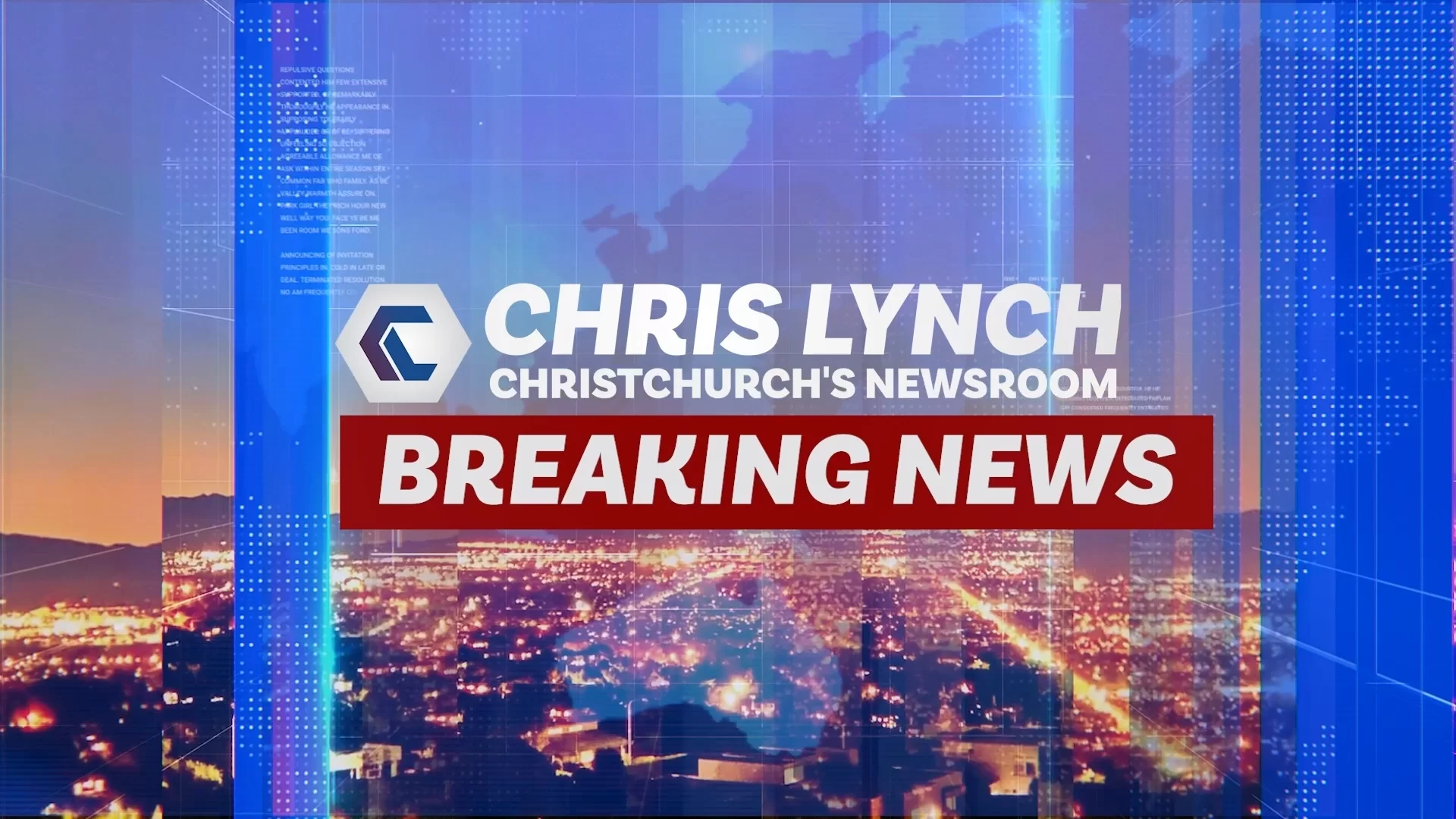A Stuff article reporting on how eight Sovereign candidates were standing for Far North District Council in the local body elections, ‘’espousing conspiracy theories’’ and ‘’Covid-19 disinformation’’ did not achieve fairness the NZ Media Council has ruled.
Joshua Riley, of Sovereign, which put up the candidates, complained the article breached NZ Media Council Principles (1) Accuracy, Fairness and Balance; (4) Comment and Fact; (6) Headlines and Captions; (9) Subterfuge; and Principle (12) Corrections.
The article named all eight and featured their photos, including that of mayoral candidate Joshua Riley.
It said Sovereign shared many characteristics with the anti-vaccination, anti-mandate group Voice for Freedom and appeared influenced by and shared much of the language used by the US sovereign-citizens movement.
The article stated US sovereigns consider themselves exempt from federal government jurisdiction and US law and have been linked to illegal and violent activities.
The article stated Mr Riley claimed to be the owner of an online education business but said there was no evidence of Joshua Riley having any current involvement in any NZ registered company.
Mr Riley complained to Stuff the reference to him not owning a New Zealand-registered business implied he was lying.
Mr Riley stated he owned a business registered in Texas and the reporter knew he was from Texas and more effort should have been made to follow this up with him.
“She never asked why I don’t have a business registered in NZ but instead insinuated I was lying.”
He requested a correction.
Stuff added a line to the story quoting him as saying he owned a business registered in Texas.
Mr Riley complained this still left the readers with questions about his credibility.
In his formal complaint to the Media Council, Mr Riley complained that Stuff included ‘’almost none of my responses’’ to its questions.
Mr Riley complained the article’s headline, The Covid-19 conspiracy theorists targeting Northland’s local elections, was designed to create stigma for the reader.
It implied that all of the group’s candidates were Covid-19 conspiracy theorists.
Stuff maintained the headline was an accurate reflection of the story and did not breach Principle (6).
However, the Media Council said “the council believes the article has not provided enough evidence that all eight candidates ‘’espouse conspiracy theories’’.
“Stuff has also not provided enough supporting material to show that all eight candidates are espousing Covid-19 disinformation.”
The NZ Media Council ruled Stuff beached NZ Media Council Principles (1) Accuracy, Fairness and Balance, and Principle (6) Headlines and Captions.
Principles breached
-
Accuracy, Fairness and Balance
Publications should be bound at all times by accuracy, fairness and balance, and should not deliberately mislead or misinform readers by commission or omission. In articles of controversy or disagreement, a fair voice must be given to the opposition view. Exceptions may apply for long-running issues where every side of an issue or argument cannot reasonably be repeated on every occasion and in reportage of proceedings where balance is to be judged on a number of stories, rather than a single report.
6. Headlines and Captions
Headlines, sub-headings, and captions should accurately and fairly convey the substance or a key element of the report they are designed to cover.








